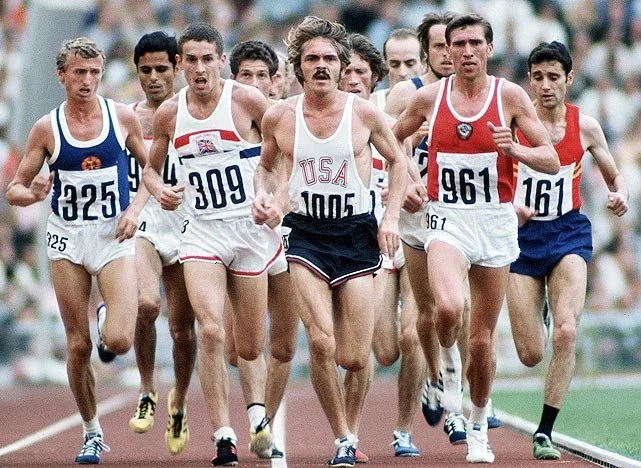BEIJING — The vice-president of the United States and I were in law school together a few years back. It was in San Francisco, the University of California’s Hastings College of the Law. She is two years behind me. I am class of 1987. She is 1989. Let’s just say she has gone on to greater heights.
But there’s this: I did pass the California Bar, and on the very first try! You can look up my license (inactive) at the State Bar website. It’s number 130832. After not even a year of practicing law with a big firm in San Francisco, I went back to journalism. The rest is history, or something like that.
I relate these matters not because being a lawyer makes me brilliant, or smarter than the average bear. We all know a lot of dumb lawyers. And there are a lot of good lawyer jokes. The point is this: having gone to law school means I was taught the ways of systems and to appreciate in particular the value of the rights of an individual. In legal systems, this means in particular the rights of an accused.
This brings us to the case of the 15-year-old Russian skater Kamila Valieva, who rightly and appropriately was cleared Monday by a three-judge panel of the Swiss-based Court of Arbitration for Sport to keep competing at these 2022 Olympic Winter Games, the panel citing her status as a “protected person” and, among other things, issues of “fundamental principles of fairness.”









